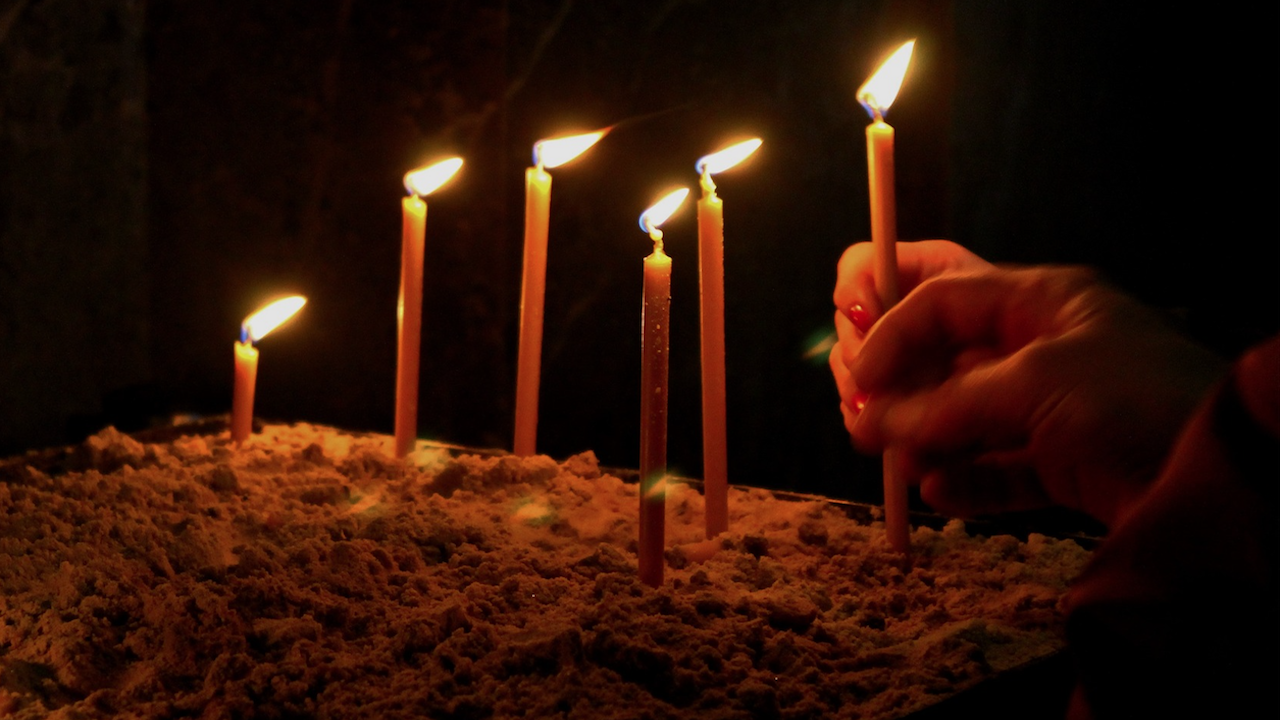On December 4, the Orthodox Church honors Saint Barbara, who is the patron saint of those who died suddenly - those who did not have time to repent and receive communion.
Saint Barbara, born in the family of a pagan aristocrat from Iliopolis, was distinguished by a special beauty.
She meets Christians and accepts holy baptism, and when the father learns that his daughter has become a Christian, he orders her to be scourged and gets the consent of the governor of the city, Martian, to sentence her to death.
By order of the father, Varvara was beheaded.
The belief is that God's retribution overtakes Varvara's father and the governor of the city - both of them are struck by lightning.
In the 6th century, the relics of Saint Barbara were transferred to Constantinople.
In some regions of the country, Saint Barbara is considered the patron saint of sick children, especially those suffering from smallpox, that's why people called her "Grandma Smallpox".
The women kneaded and distributed "bathed" loaves for health.
Another custom is to boil beans and put a few beans on the child's knee and have him eat them out of hand.
We honor Saint Catherine
Elsewhere, Saint Barbara was revered as the patron saint of poultry.
A magical ritual of hens was also performed on this day.
Their landlady threw grains of corn into a rope-fenced circle and said: "Eat, get together, don't go to other people's yards to get lost."
The holiday is also called Women's Christmas, as girls changed clothes, went around homes and sang songs for health.
This day is loaded with fortune-telling in the customs - during the sittings fortune-telling was carried out as to which girl would marry which boy.
In Bulgarian folklore, there is a saying about the customs accompanying the holidays of Saint Barbara - Saint Sava (December 5) and Saint Nicholas (December 6): "Varvara cooks, Sava bakes, Nicholas welcomes guests".
Saint Barbara
